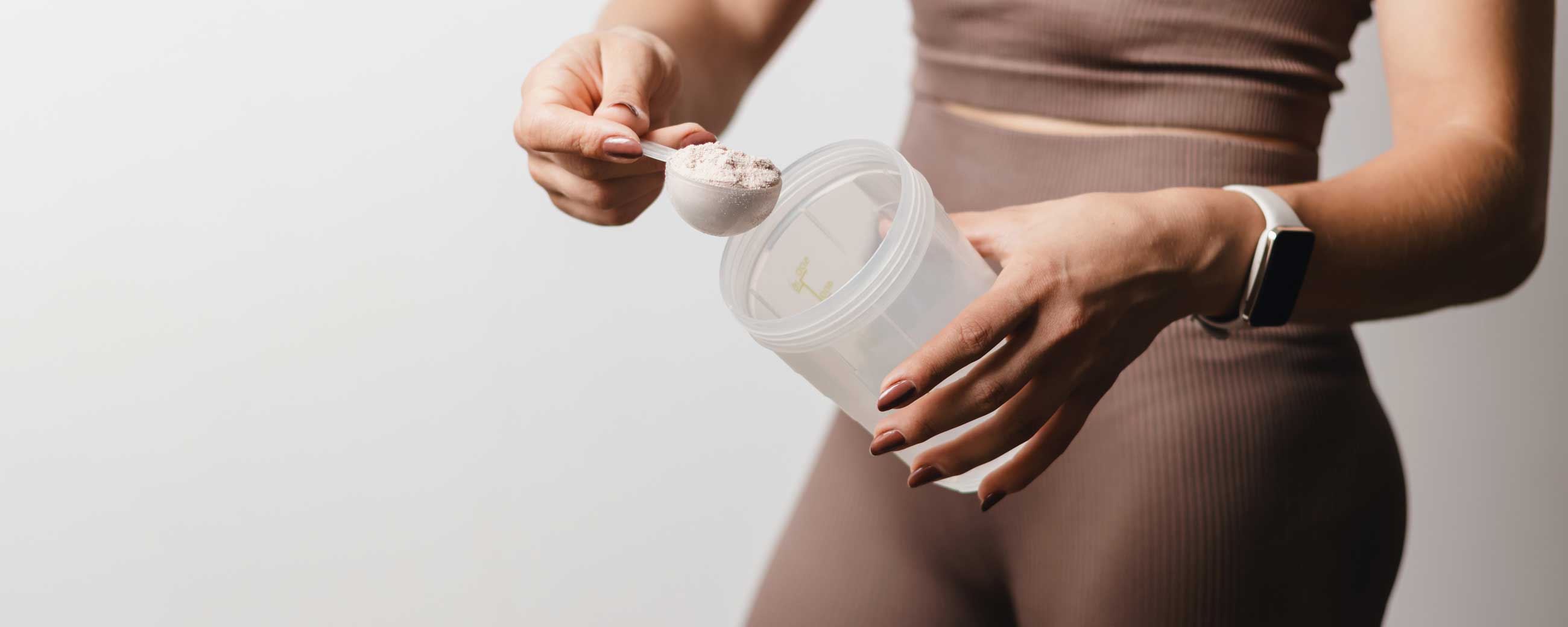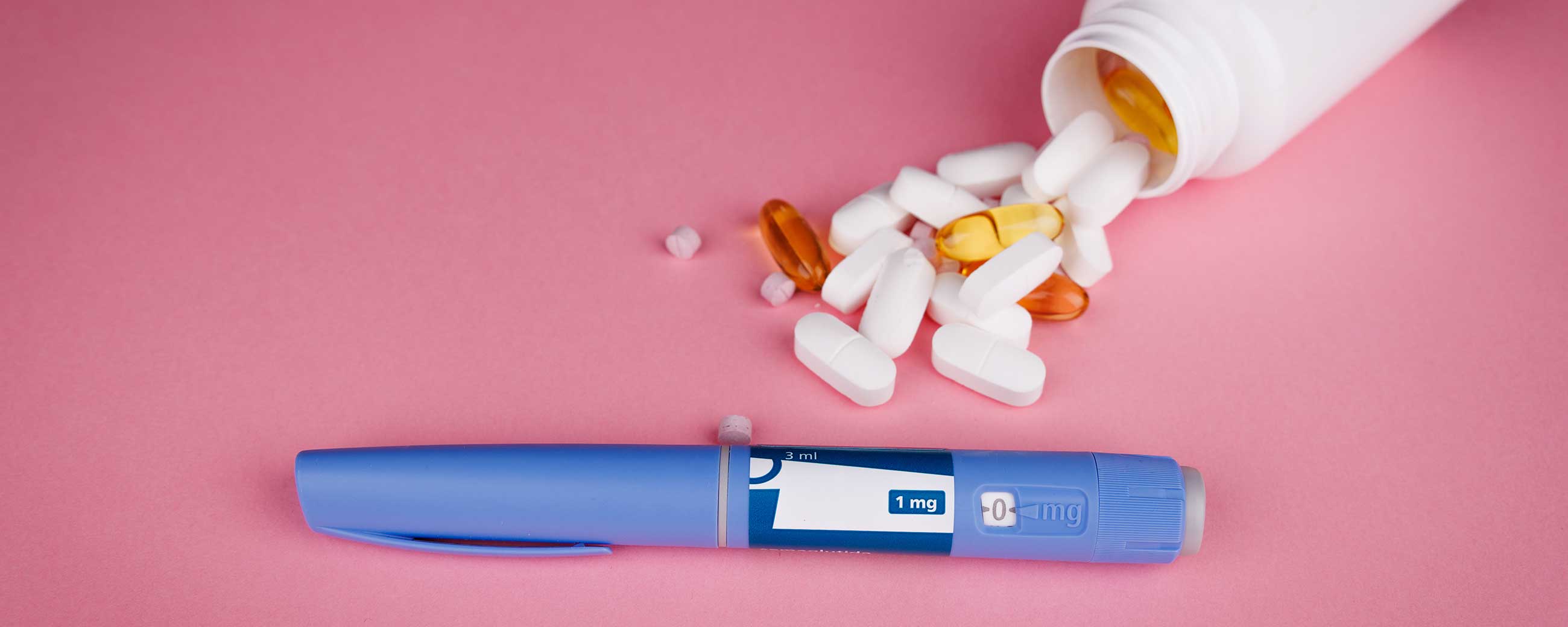
What is the Difference Between Type 1 and Type 2 Diabetes?

Everything you need to know about the differences between these medical cousins.
Reviewed by Virta Medical Affairs
Both type 1 and type 2 diabetes can cause serious health complications. Both type 1 and type 2 diabetes can also be fully managed, and people with both conditions can live long, healthy lives. However, type 1 diabetes is a life-long condition: once you have it, it never goes away, and you will have to take medication for life. Only type 2 diabetes can be reversed.
Ask David. After 1 year as a Virta member, David fully reversed his uncontrolled type 2 diabetes. ”I can’t believe the results,” he says. “My A1c is down 6 points and is now at 5.1%. That not only puts me below the level for type 2 diabetes, but also for prediabetes. I’m now off all the medications I was on before starting Virta.”
Looking for more information on the difference between type 1 and type 2? Here’s what you need to know.
The difference between type 1 and type 2 diabetes
The biggest difference between type 1 and type 2 diabetes is whether your body is still capable of creating insulin.
The pancreases of people with type 1 diabetes have stopped producing insulin. It is believed to be caused by an autoimmune reaction, where the immune system attacks the pancreas and destroys the cells which make and release insulin. Type 1 diabetes usually develops in childhood or early adulthood, though it can occur in people of any age.
With type 2 diabetes, your body becomes insulin-resistant over time, leading your pancreas to become insulin resistant over time. The pancreas tries to correct for this by making and releasing more insulin, but it eventually cannot keep up, and the sugar levels begin to rise. The insulin is there. The body just ignores it. Type 2 diabetes is considered a lifestyle disease and develops gradually, most often affecting adults, but increasingly being diagnosed by children.
What is worse: type 1 or type 2 diabetes?
This question doesn’t have an objective answer. Both type 1 and type 2 diabetes can cause serious health complications, such as:
- Foot problems, like infections and ulcers that can progress to gangrene
- Heart disease
- Kidney disease
- High blood pressure
- Eye problems, including glaucoma, macular edema, diabetes-related retinopathy and cataracts
- Stroke
- Skin conditions
- Oral health conditions, such as gum disease
- Nerve damage (also called neuropathy)
- Bladder infections and urinary tract infections (UTIs)
- Sexual dysfunction
- Hearing loss
- Liver disease, including nonalcoholic fatty liver disease
However, only type 2 diabetes can be reversed by lowering your blood sugar and losing weight.
The Takeaway
If you have type 2 diabetes, you don’t necessarily have to take medication for the rest of your life. Virta Health may be able to help you reverse your condition. By making healthy lifestyle changes in a medical setting with supportive resources like 1:1 virtual coaching, you can regain control of your health and feel like yourself again. See if you’re eligible for Virta Health here.
This blog is intended for informational purposes only and is not meant to be a substitute for professional medical advice, diagnosis, or treatment. Always seek the advice of your physician or other qualified health provider with any questions you may have regarding a medical condition or any advice relating to your health. View full disclaimer
Are you living with type 2 diabetes, prediabetes, or unwanted weight?








